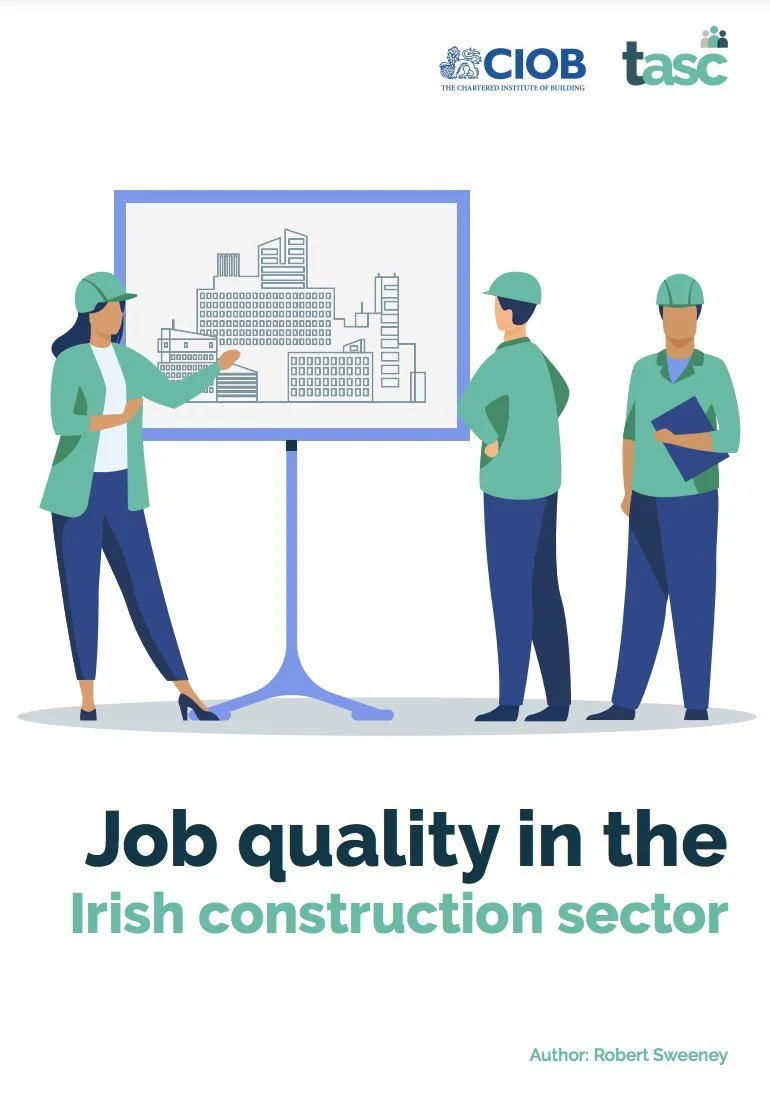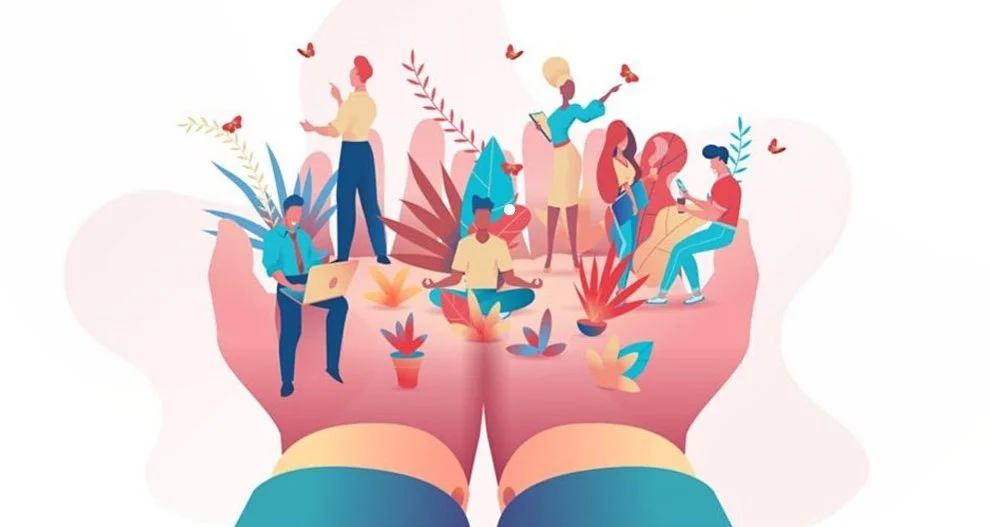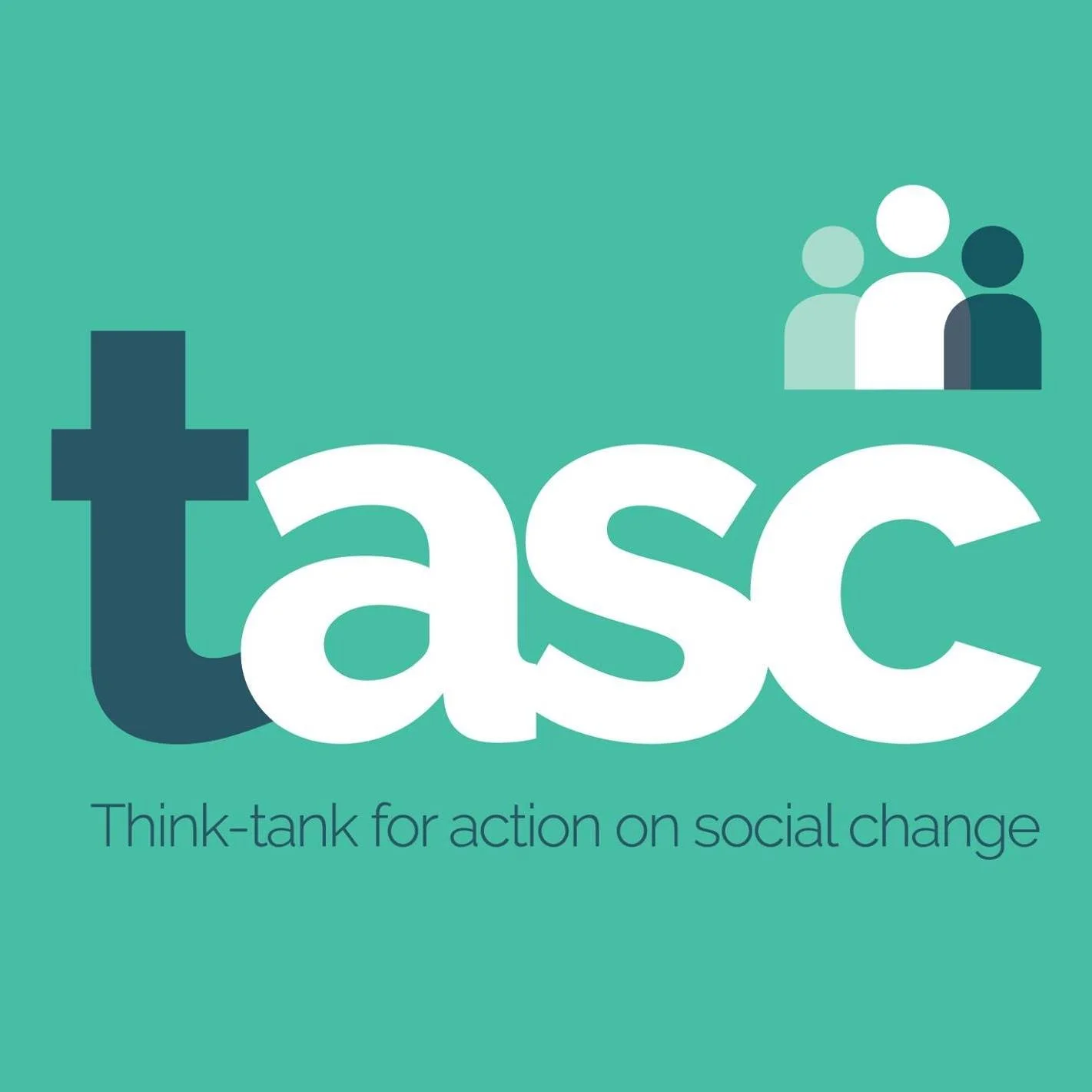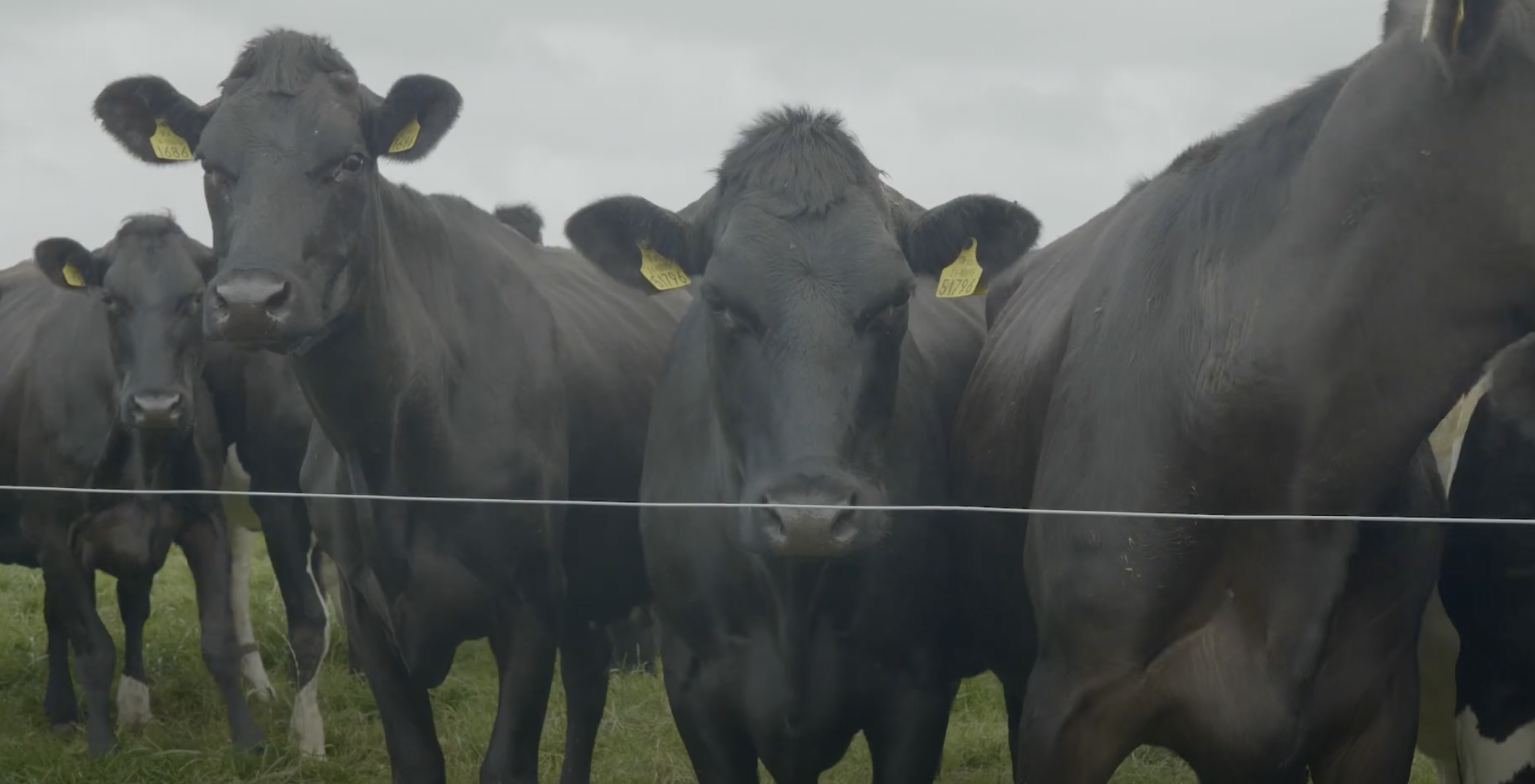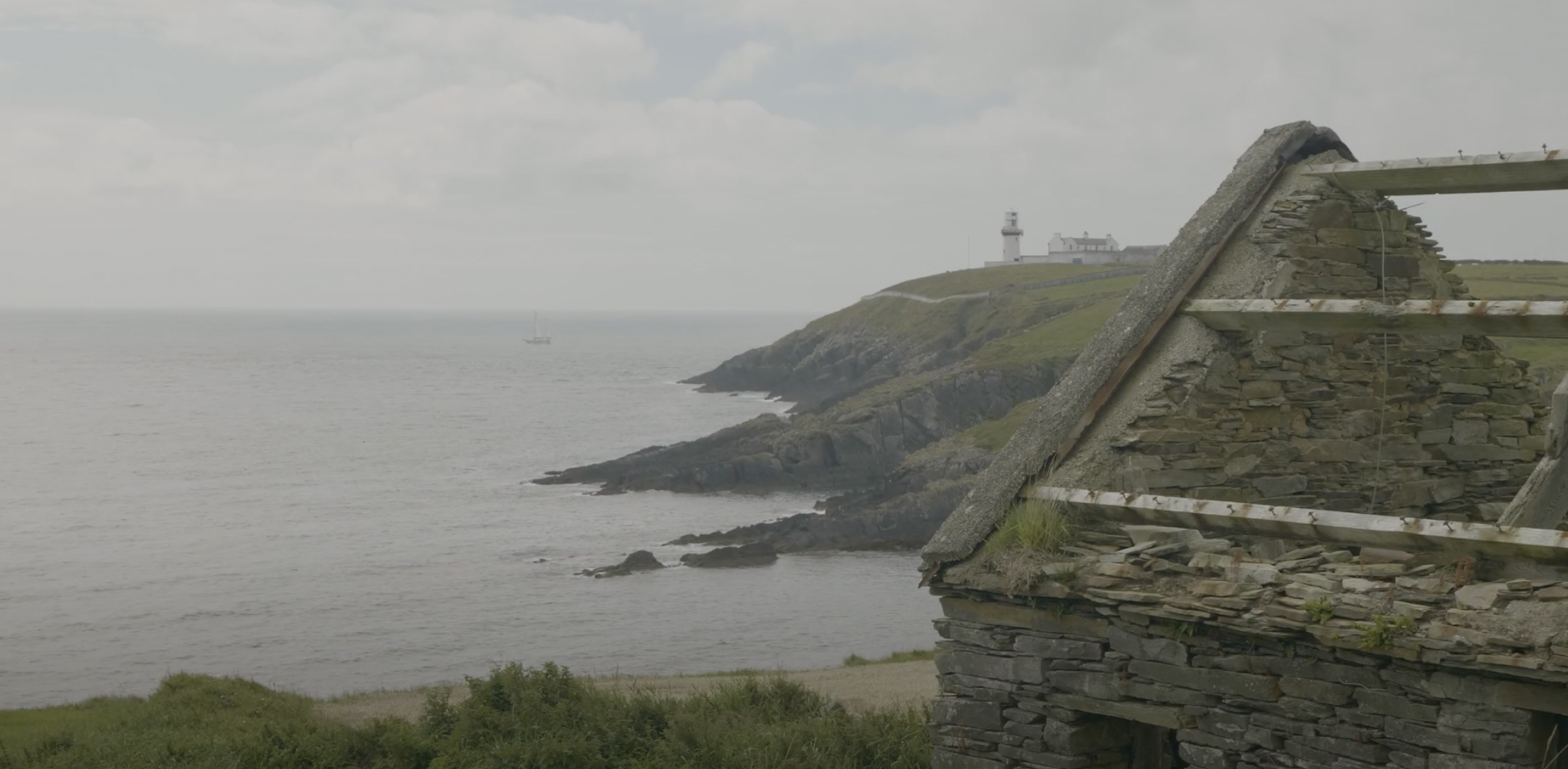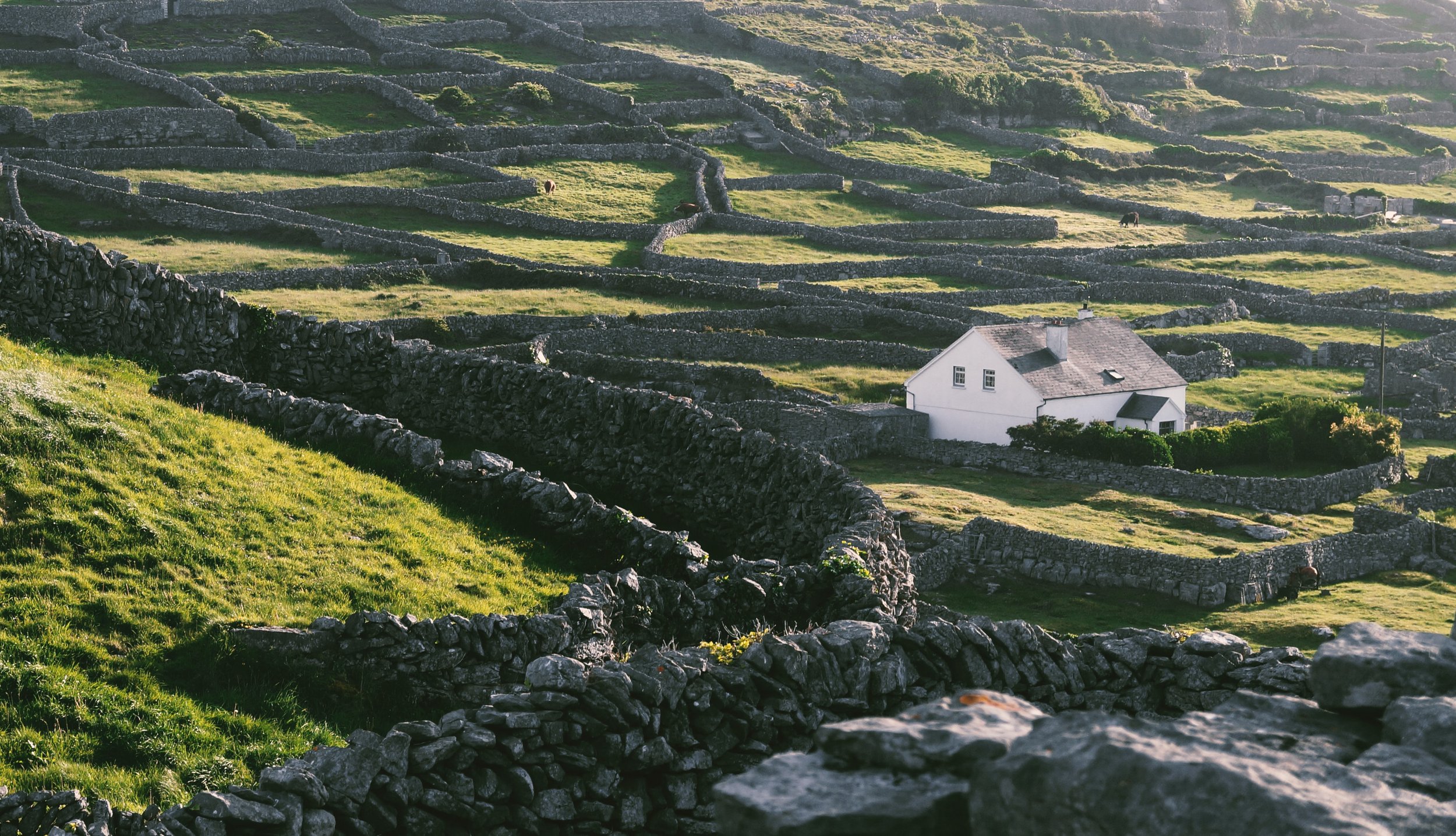
The People’s Transition: Community-led Development for Climate Justice
The People’s Transition is a participative decision-making model developed by TASC that views climate action as an enabler of local development.
What is the People’s Transition?
The People’s Transition views climate action as an enabler of local development. It gives people and communities a voice in, and ownership of, the transition to a zero-carbon society.
It aims to enhance public support for climate action by tackling inequality and raising standards of living through the delivery of climate solutions.
Following two successful pilots in Ireland, one in a rural community in Ardara, Donegal and another in an urban community in Phibsborough, Dublin, the People’s Transition model will expand to new communities across the island of Ireland over the next three years.

“I strongly support participative decision-making models, such as that advocated in ‘The People’s Transition’, TASC’s report from 2020.”
“TASC has increased public knowledge of economic and social policy, been a source of information and ideas as to the improvement of working conditions, and its work has been vital in the facilitation of a just transition to advance climate action and protect livelihoods and communities.” - Michael D. Higgins, President of Ireland.
Completed pilot projects:
Get to know where each project took place and find out more about their process by navigating through this map :
Key Concepts of a People’s Transition
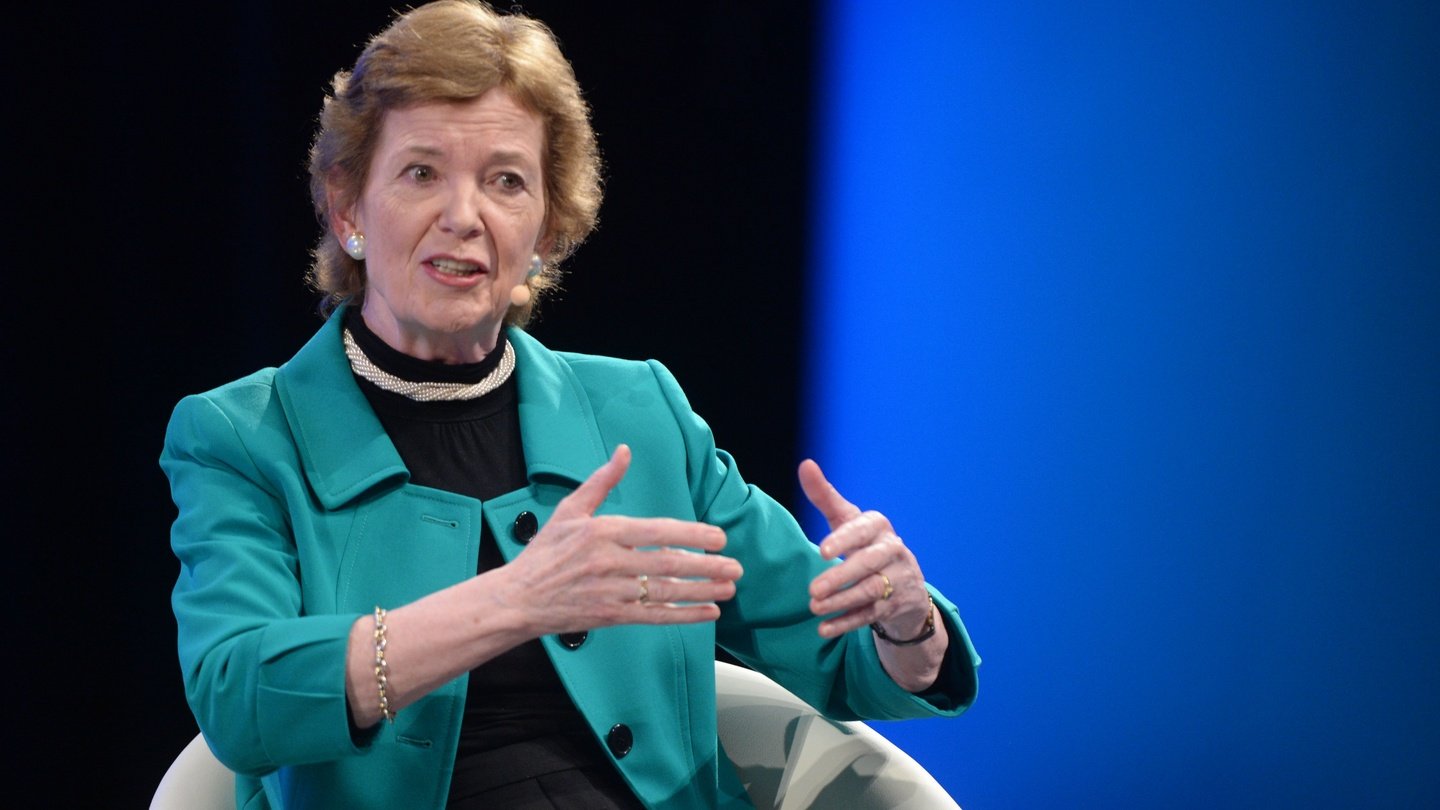
“[The People’s Transition] was published by the Foundation for European Progressive Studies and an Irish group called TASC. It’s all about community-led projects. There is a real opportunity to make the interest in local development also an interest in climate-smart development.” - Mary Robinson, first woman President of Ireland, former UN High Commissioner for Human Rights and current Chair of the Elders
Why do we need a People’s Transition?
There remains only a small window of opportunity to enact the necessary climate action required to avoid catastrophic climate change.
In recent years, thanks to the efforts of campaigners and activists, awareness of climate change has increased. However, other social and economic concerns, perceived as more immediate, are given priority by the public. A People's Transition aims to facilitate a community-led transition by listening to community needs and priorities.
Localised, participative approaches will distill out local knowledge and solutions that will then be further developed by climate and sustainable development experts. The aim is to elaborate concrete strategies and plans for local development actions that are both climate positive and community-owned.
How does it work?
The priority of the People’s Transition is to ensure that climate action catalyses local development and that the public spend on climate action, where possible, is channeled into communities through the creation of jobs, community businesses, and local production opportunities.
The People’s Transition model seeks to deliver this by combining the strengths of community-led local development, community wealth building, and other community business and participatory decision-making approaches.
The model itself is based
on a central pillar of
community empowerment, seeking to combine context-appropriate education and participative fora to build community capacity to co-create and own climate solutions.
People’s Transition approach through the channeling of finance through community structures; turning the tables and listening to communities; developing context-appropriate education and capacity-building methods; training facilitators, and conducting People’s Transition Community Dialogues.
The process described in this application will enable a cycle of climate action built on the capabilities, resources and assets of the local community, the incorporation of local knowledge into solutions and the co-creation of outcomes that build local community wealth.
Case Study: Rural Ireland facing transition
Social listening was central to this research and involved extensive engagement with communities around Ireland to understand their needs and priorities and the challenges facing them at a time of transition.
Over the course of two extensive research trips, the team filmed a documentary series and met with more than fifty farmers, community representatives, small business owners, cooperatives, and social enterprises.
Watch below the three-part series of short anthropological films on the future of rural communities.
Map of locations visited during a three-week campervan journey around Ireland to meet with farmers and rural community members.
The People’s Transition
The Changing Climate
The Social Cost of Food
Rural Economies




